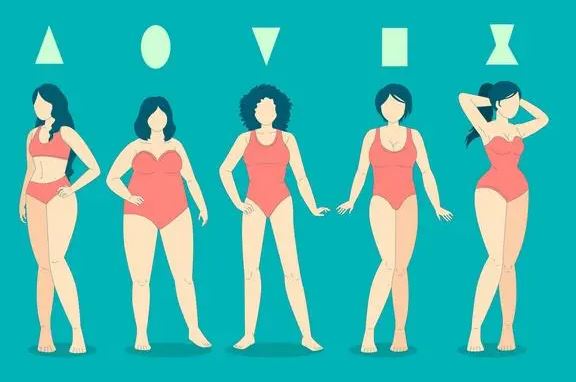The connection between physical and mental wellness | |

| |
The connection between physical and mental wellness is a fundamental aspect of achieving holistic health. Our physical and mental well-being are deeply interconnected, and one greatly influences the other. In this article, we will explore the profound relationship between physical and mental wellness and the steps we can take to nurture both aspects of our health. By understanding this connection, we can embark on a journey toward comprehensive well-being. Understanding the Mind-Body ConnectionThe mind-body connection refers to the intricate relationship between our mental and physical states. Here are some key points to consider:
Nurturing Physical and Mental WellnessTo achieve holistic health, it's important to prioritize both physical and mental wellness. Here are some strategies to nurture and support these interconnected aspects of our well-being: 1. Regular ExerciseEngage in regular physical activity to promote both physical fitness and mental well-being. Choose activities that you enjoy, whether it's walking, dancing, yoga, or team sports. Aim for at least 150 minutes of moderate-intensity exercise per week. 2. Balanced DietNourish your body and mind with a balanced diet rich in whole foods, including fruits, vegetables, lean proteins, whole grains, and healthy fats. Proper nutrition provides essential nutrients for physical health and supports brain function and emotional well-being. 3. Quality SleepPrioritize quality sleep to allow your body and mind to rest and rejuvenate. Aim for 7-9 hours of uninterrupted sleep each night. Establish a consistent sleep routine, create a comfortable sleep environment, and practice relaxation techniques before bedtime. 4. Stress ManagementDevelop effective stress management techniques to mitigate the impact of stress on both physical and mental health. Explore relaxation techniques such as deep breathing exercises, meditation, mindfulness, and engaging in hobbies or activities that bring you joy. 5. Social ConnectionsNurture positive social connections and build a support network. Maintain healthy relationships with family, friends, and community members. Engage in meaningful social activities, join clubs or organizations, and seek support when needed. Frequently Asked Questions (FAQs)Q: Can physical activity alone improve mental health?A: Physical activity can significantly impact mental health by improving mood and reducing symptoms of anxiety and depression. However, it's important to adopt a holistic approach that combines exercise with other strategies, such as stress management and social support, for optimal mental well-being. Q: Can mental health conditions affect physical health in the long term?A: Yes, mental health conditions can impact physical health in the long term. Chronic stress, anxiety, and depression can contribute to cardiovascular diseases, weakened immune system, gastrointestinal disorders, and other physical ailments. Seeking appropriate treatment and adopting healthy coping mechanisms are essential. Q: How can I improve my gut health for better mental well-being?A: To support gut health, consume a diet rich in fiber, probiotics, and prebiotics. These include foods like yogurt, kefir, sauerkraut, whole grains, fruits, and vegetables. Managing stress levels, getting regular exercise, and avoiding excessive use of antibiotics can also positively impact gut health. Q: Can social connections really make a difference in mental wellness?A: Yes, social connections play a significant role in mental wellness. Maintaining supportive relationships and engaging in social activities can reduce feelings of loneliness, provide emotional support, and contribute to overall mental well-being. ConclusionThe connection between physical and mental wellness is undeniable. By recognizing and nurturing this intricate relationship, we can achieve holistic health and well-being. Prioritize regular exercise, a balanced diet, quality sleep, stress management, and positive social connections to optimize both physical and mental wellness. Embrace the journey of nurturing and balancing your mind and body, and experience the transformative power of holistic health. | |
| Category: Wellness | |
| Total comments: 0 | |
 |
| Top 5 Must-Have Accessories for Effortless Style |
 |
| The Importance of pH Balance in Hair Care Products |
 |
| Exploring the world of K-beauty and J-beauty |
 |
| Mastering the Winged Eyeliner: A Comprehensive Tutorial |
 |
| How to achieve a flawless makeup base |
 |
| How to create a minimalist and clutter-free lifestyle |
 |
| Fashion tips for different body shapes and sizes |
 |
| 5 Must-Have Makeup Products for Summer |
 |
| Beauty treatments to try for a pampering self-care session |
